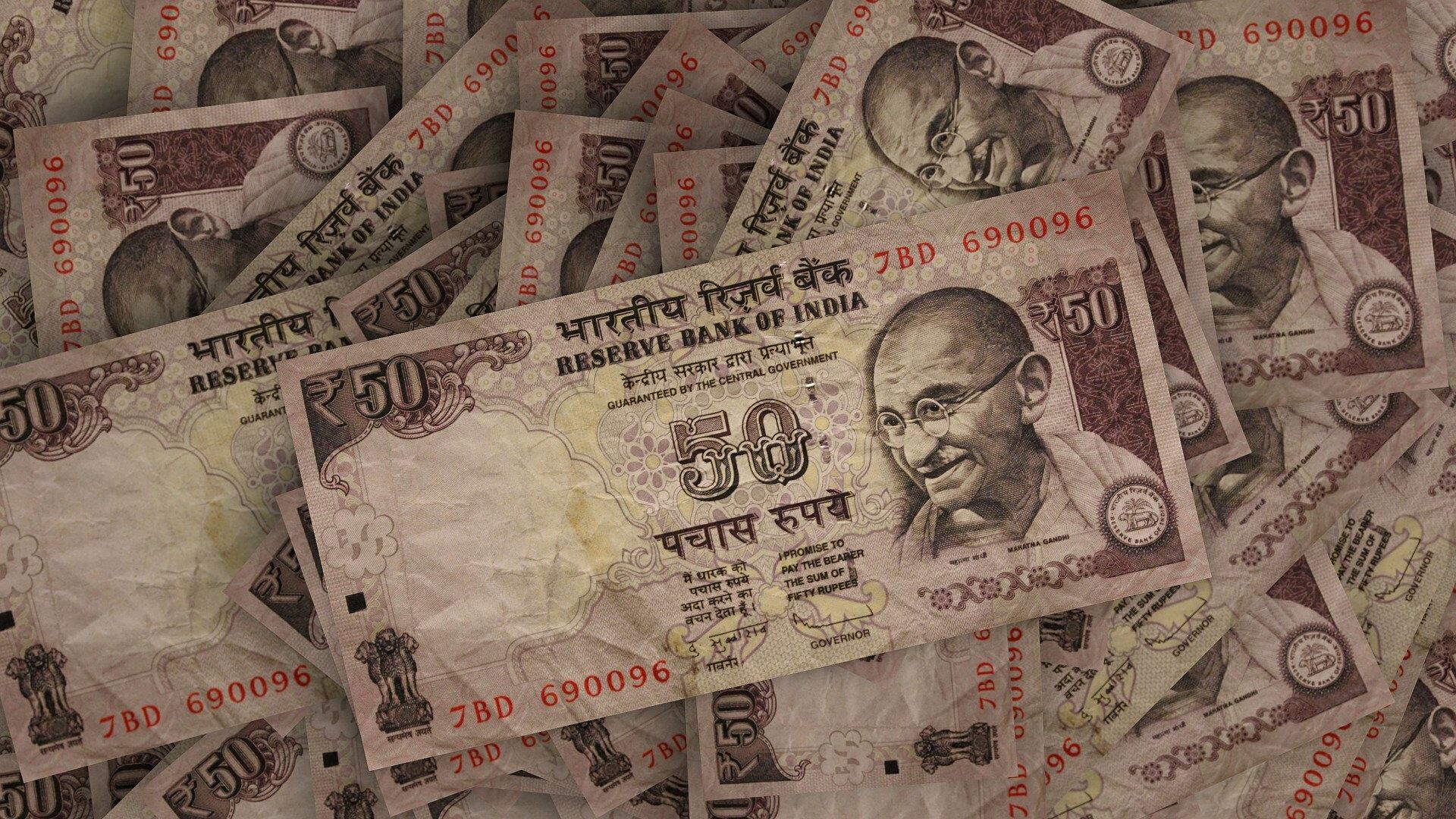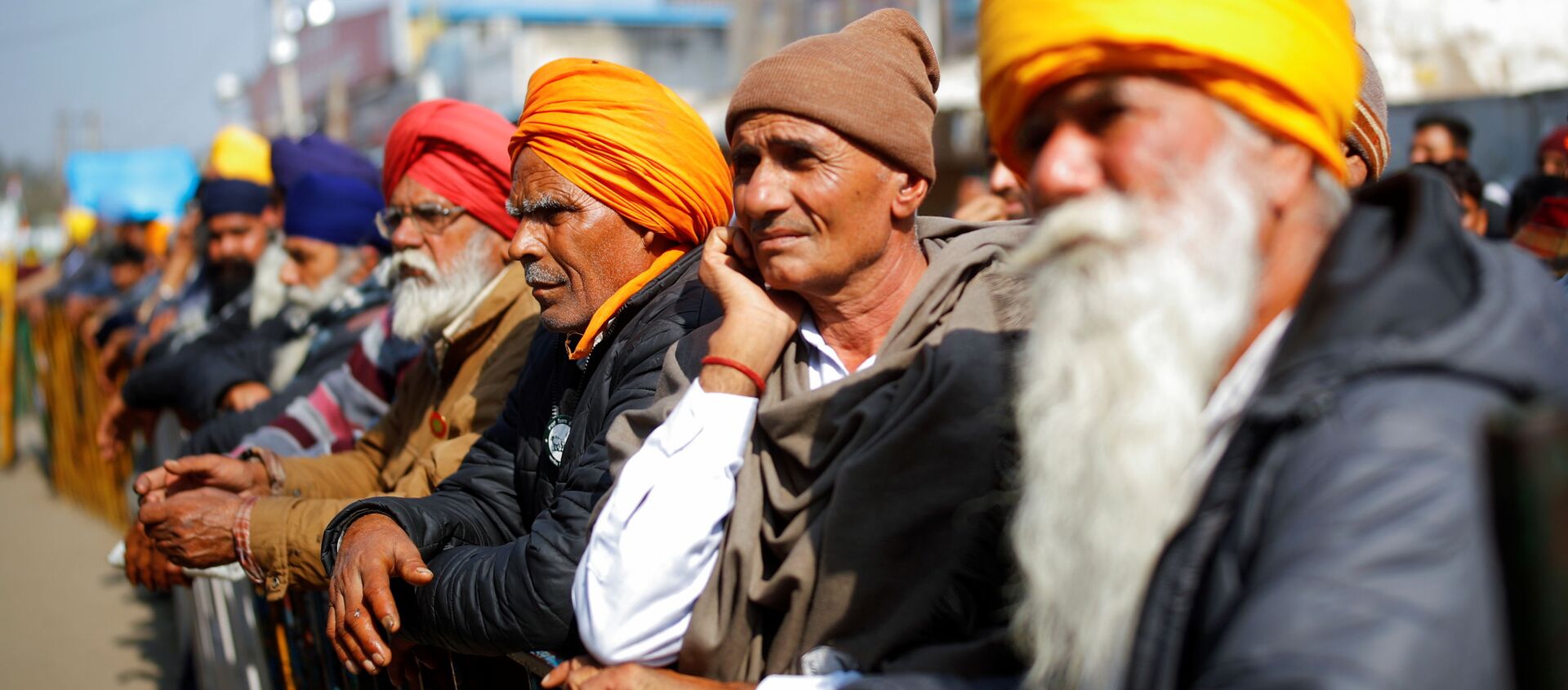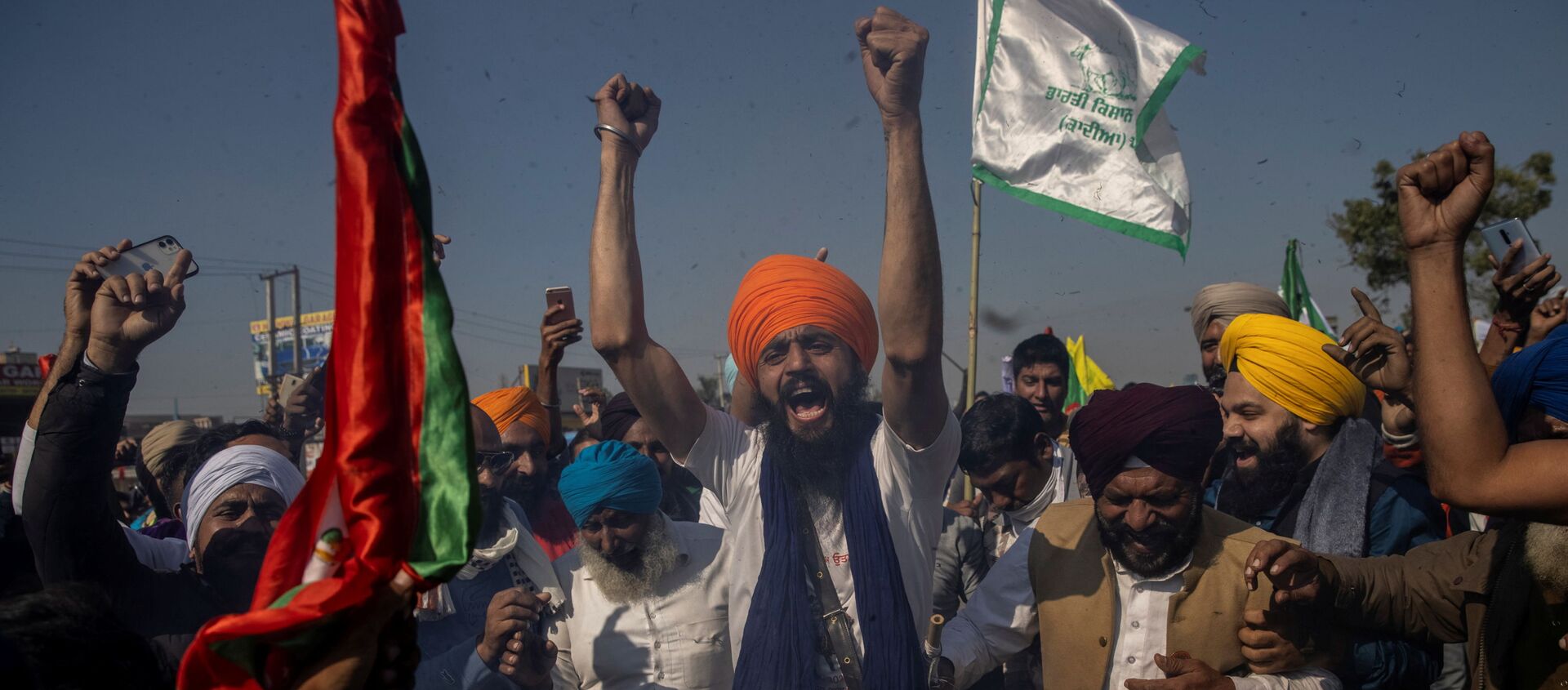Boldest Reforms
Presenting one of the most reformist budgets in the recent past, Indian Finance Minister Nirmala Sitharaman has announced that the government will privatise all entities except in four sectors that have strategic and national security connections. Even in those sectors, the government will keep to minimum ownership, the minister said on Monday.
The minister has stated before the parliamentarians that allowable foreign direct investment in the insurance sector will be hiked to 74 percent from 49 percent. However, the announcement that majority foreign ownership of insurance companies would be permitted garnered lots of attention as it is expected to cause a backlash from teh insurance employees union and opposition parties.
Another major decision was about a long-awaited “bad bank” or the creation of an asset reconstruction-asset management company which would provide reprieve to banks saddled with non-performing assets by absorbing the toxic assets and freeing the companies to resume lending. Nearly 8 percent of the total loans issued by Indian banks are more than 90 days overdue at this stage, which may shoot up to 13.5 percent by March-September of this year, according to the Reserve Bank of India’s (RBI) projection.
“We have made government accounts more transparent. We are absolutely upfront with the fiscal deficit. Our fiscal deficit which started at 3.5% during Feb 2020 has increased to 9.5% of GDP, so we have spent, we have spent and we have spent. At the same time, we have given a clear glide path for deficit management,” Sitharaman said while defending the rise in the gap between the government’s revenue and its expenditures.
The government’s intention to create employment in the economy can be gauged from the highest-ever capital expenditure of around $76 billion for next 12 months. Markets responded positively to the Finance Minister's expansionary stance. The BSE Sensex shot up 5 percent, or 2,314 points, while the Nifty50 was up 4.74 percent or 646 points as the 110-minute speech boosted the morale of investors.
“Budget has rightly put its focus on infrastructure to revive the economy, address the job loss and support the industries providing inputs for infrastructure,” Sharad Kumar Saraf, President of the Federation of Indian Export Organisations, told Sputnik while adding that the setting up of seven mega investment Textile Parks would create an economy of scale so as to compete with South Asian and South East Asian competitors.
China-itched Defence Budget
Facing a challenge along the northern border since April 2020, India has announced a whopping 20 percent jump in capital expenditures, and a $65.55 billion defence budget in the fiscal year from April 2021 to March 2022.
Nirmala Sitharaman, who had held the defence portfolio in Prime Minister Narendra Modi‘s first tenure, allocated $18.5 billion for defence modernisation. The revenue side expenditure has been pegged at $31.8 billion for the next fiscal year.
The border stand-off with China has put pressure on spending as, despite the economic crisis, the Modi government has gone for the emergency purchase of defence equipment worth around $3 billion since May 2020. The maximum allocation was made to the Indian Air Force and Indian Navy for the emergency purchase last year.
“The deployment along the border with China is likely to be permanent with two profiles: winter and summer. There are other options with reduced numbers but the Army may not take the risk due to the loss of trust with China. Costs certainly will be very high as requirements for maintenance personnel as well as material as tanks is essential in harsh conditions,” Rahul K. Bhonsle, a former brigadier and defence analyst says.
Farmers’ Distress
Amid the ongoing farmers’ agitations at the outskirts of Delhi, the Narendra Modi government introduced a new cess on several goods including fuel and liquor to improve the agriculture infrastructure in the country.
"The Government of India is committed to the welfare of farmers. The Minimum Support Price (MSP) regime has undergone a change to assure a price that is at least 1.5 times the cost of production across all commodities,” said Sitharaman. Farmers are agitating against three laws that aim to deregulate the country's agriculture sector. Farmers are also demanding legal guarantees for the MSP regime.
However, former finance minister and main opposition Congress leader P. Chidamabaram has accused the government of cutting the budget allocation for ‘Agriculture and allied activities’ from 5.1 percent to 4.3 percent of the total expenditure of the government.





